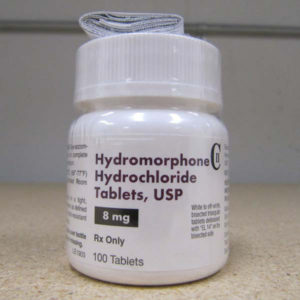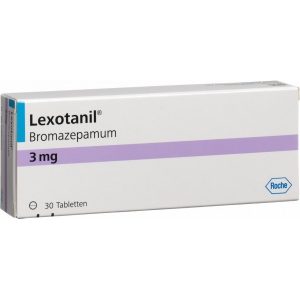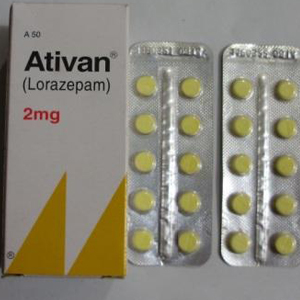Hydromorphone is an opioid pain medicine that can be purchased online. An opioid is occasionally referred to as a narcotic.
Dilaudid 8 mg is a prescription medication used to treat moderate to severe pain.
This medication is available in an extended-release formulation for the treatment of moderate to severe pain 24 hours a day. This dosage form of Dilaudid 8 mg is not intended for usage as needed for pain.
Hydromorphone Dilaudid 8 mg may also be used for other uses not included in this drug guide.
What is the most critical information I should be aware of regarding hydromorphone?
If you have severe respiratory issues or a blockage in your stomach or intestines, you should not use hydromorphone.
8 mg dilaudid Hydromorphone can cause rapid or complete cessation of breathing and may be habit developing. To avoid a potentially lethal dose, take only the prescribed dose and swallow an extended-release pill whole. Never give another person Dilaudid 8 mg.
IMPROPER USE OF NARCOTIC MEDICINE CAN RESULT IN ADDICTION, OVERDOSE, OR DEATH, particularly in children or other individuals who obtain the medication without a prescription.
If the mother took Dilaudid 8 mg during pregnancy, the newborn may experience life-threatening withdrawal symptoms.
Consume no alcoholic beverages.
There is a possibility of dangerous adverse effects including death.
What should I discuss with my healthcare practitioner prior to initiating treatment with hydromorphone?
You should not take this medication if you have ever had an adverse response to hydromorphone or any other narcotic medication, or if you have any of the following conditions:
severe asthma or breathing difficulties; a blockage in your stomach or intestines; or paralytic ileus, a bowel obstruction.
If you have used an MAO inhibitor within the last 14 days, do not take Dilaudid 8 mg hydromorphone. A potentially harmful medication interaction may occur. Isocarboxazid, linezolid, methylene blue injection, phenelzine, rasagiline, selegiline, and tranylcypromine are all MAO inhibitors.
Certain medications can interact with hydromorphone, resulting in a potentially fatal illness called serotonin syndrome. Ascertain that your doctor is aware of any medications you are taking for depression, mental illness, Parkinson’s disease, migraine headaches, serious infections, or nausea and vomiting prevention. Consult your physician before making any changes to the way or frequency with which you take your medications.
You may be unable to take Dilaudid 8 mg hydromorphone if you are not currently using an opioid (narcotic) pain medication and are tolerant to it. Consult your physician if you are unsure whether you are opioid-tolerant.
To ensure that hydromorphone is safe for you, inform your doctor if you have any of the following:
any type of breathing difficulty or lung disease; a history of concussion, brain tumor, or seizures; a history of substance abuse, alcoholism, or mental illness; urination problems; liver or kidney disease; sulfite allergy; Addison’s disease or other adrenal gland disorders; problems with your gallbladder, pancreas, or thyroid; or if you are taking a sedative such as Valium (diazepam, alprazolam, lorazepam, Ativan, Klonopin, Restoril, Tranxene, Versed, Xanax, and others).







